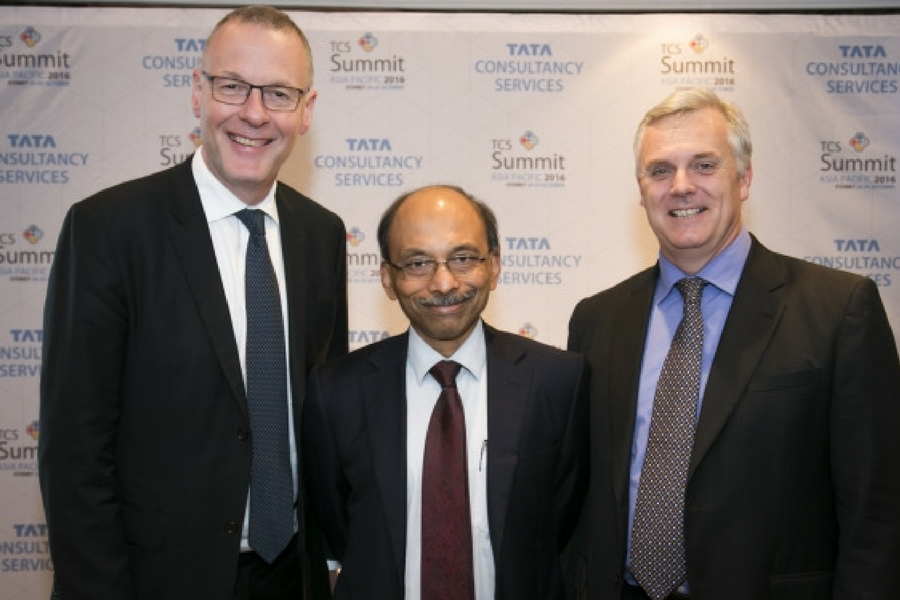The University of New South Wales (UNSW) has this week signed a Memorandum of Understanding (MoU) with Indian IT services company Tata Consultancy Services (TCS) to explore collaboration across areas including virtual reality, robotics, data analytics, and machine learning.
Signed by Ananth Krishnan, chief technology officer at TCS, and Professor Brian Boyle, deputy vice-chancellor enterprise at UNSW, the MoU could also allow for UNSW students to undertake internships at TCS’s global research facilities.
Boyle said, “There is a lot that UNSW and Tata Consultancy Services can offer each other. UNSW excels in taking our research breakthroughs and partnering with industry to make a significant global impact. Working with TCS will build on UNSW’s strong international links and help accelerate innovation by opening up new opportunities around the world.”
Krishnan added that TCS is “delighted” to form an alliance with UNSW and strengthen its ties with the Australian academic research community.
“Forming academic alliances is all about bringing technology breakthroughs to life. Working together we can help take promising ideas which stem from pure technology research and give them real-world applications,” he said.
UNSW is the second Australian university to join the TCS academic alliance program, part of its Co-Innovation Network (COIN); among the others in the network are the Vanderbilt University Medical Center, working on areas including genomics, improved care management, and advanced healthcare analytics; the University of Toronto, with which it is working across the areas of public health, smart citizens, and biosciences; and MIT, working on IT governance, enterprise architecture, and IT portfolio management.
With TCS the largest IT services firm in Asia, the MoU is the latest sign of UNSW’s commitment to Asia.
The university in April unveiled a $100 million partnership with the Chinese Ministry of Science and Technology that will see the building of a Torch Innovation Precinct at UNSW’s Kensington campus.
Since launch in 1988, the Torch program has created 150 innovation precincts around China; bringing together businesses, universities, and research organisations to drive collaboration, these precincts generate seven percent of China’s GDP.
A report from Deloitte estimated that the UNSW Torch Precinct will add over $1 billion to Australia’s GDP in its first 10 years alone. It is the first to be launched outside China.
The MoU comes the same week as UNSW received just over $47.8 million in the latest funding round from the Australian Research Council (ARC) to fund 120 research projects.
It was also in September awarded $91 million from the ARC to help fund research at its national centres of excellence in quantum computing, climate change, and the ageing population.
Image: Professor Brian Boyle, Ananth Krishnan, Professor Mark Hoffman. Source: Supplied.




















Trending
Daily startup news and insights, delivered to your inbox.